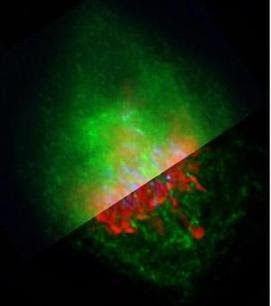
We’ve put together a list of 30+ must-have Firefox 3 extensions that we know you’ll enjoy, whether you’ve upgraded to Firefox 3 and are looking for something new to add to your browser, or have yet to make the upgrade and are looking for a reason.
read more | digg story




















































